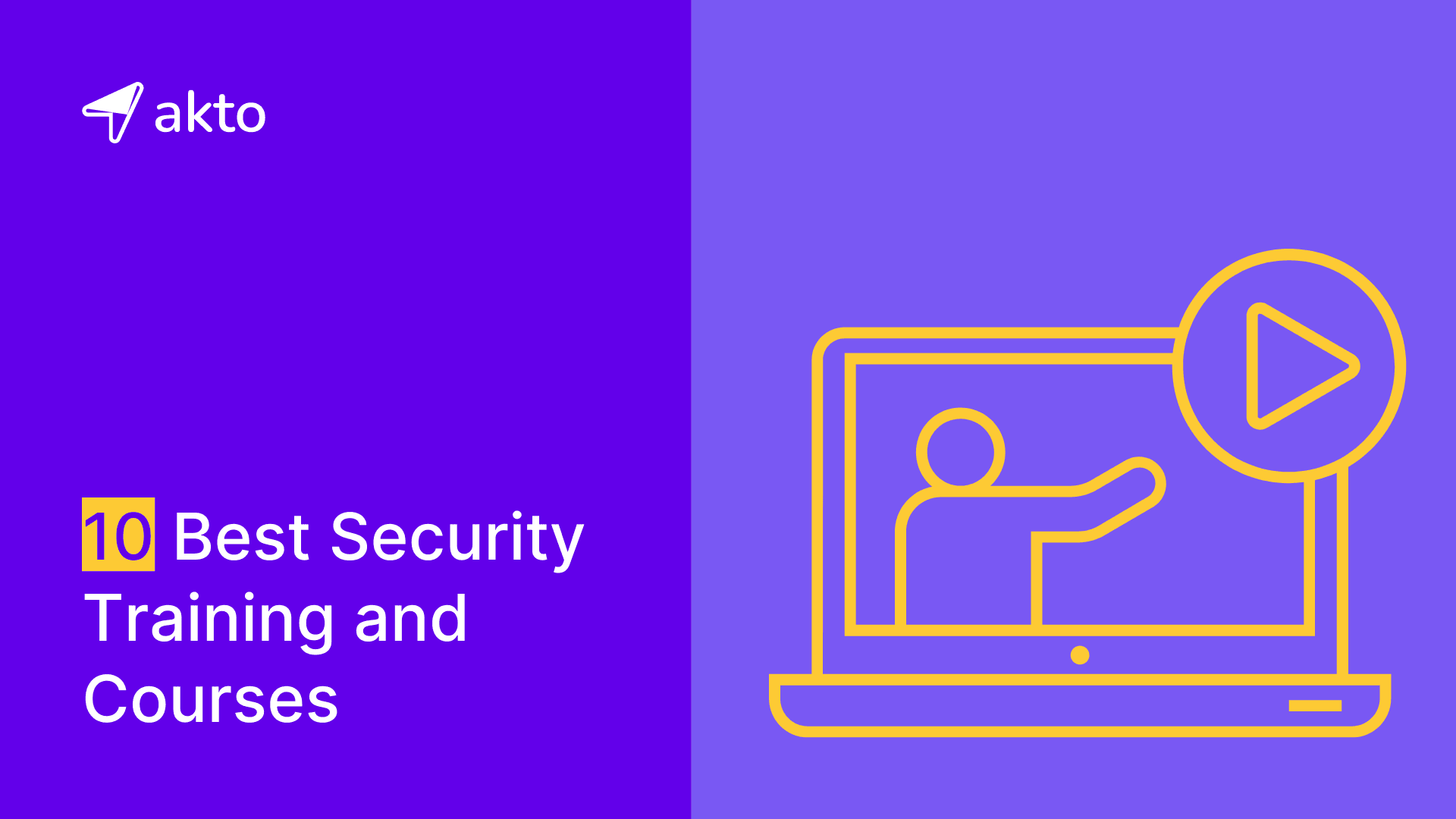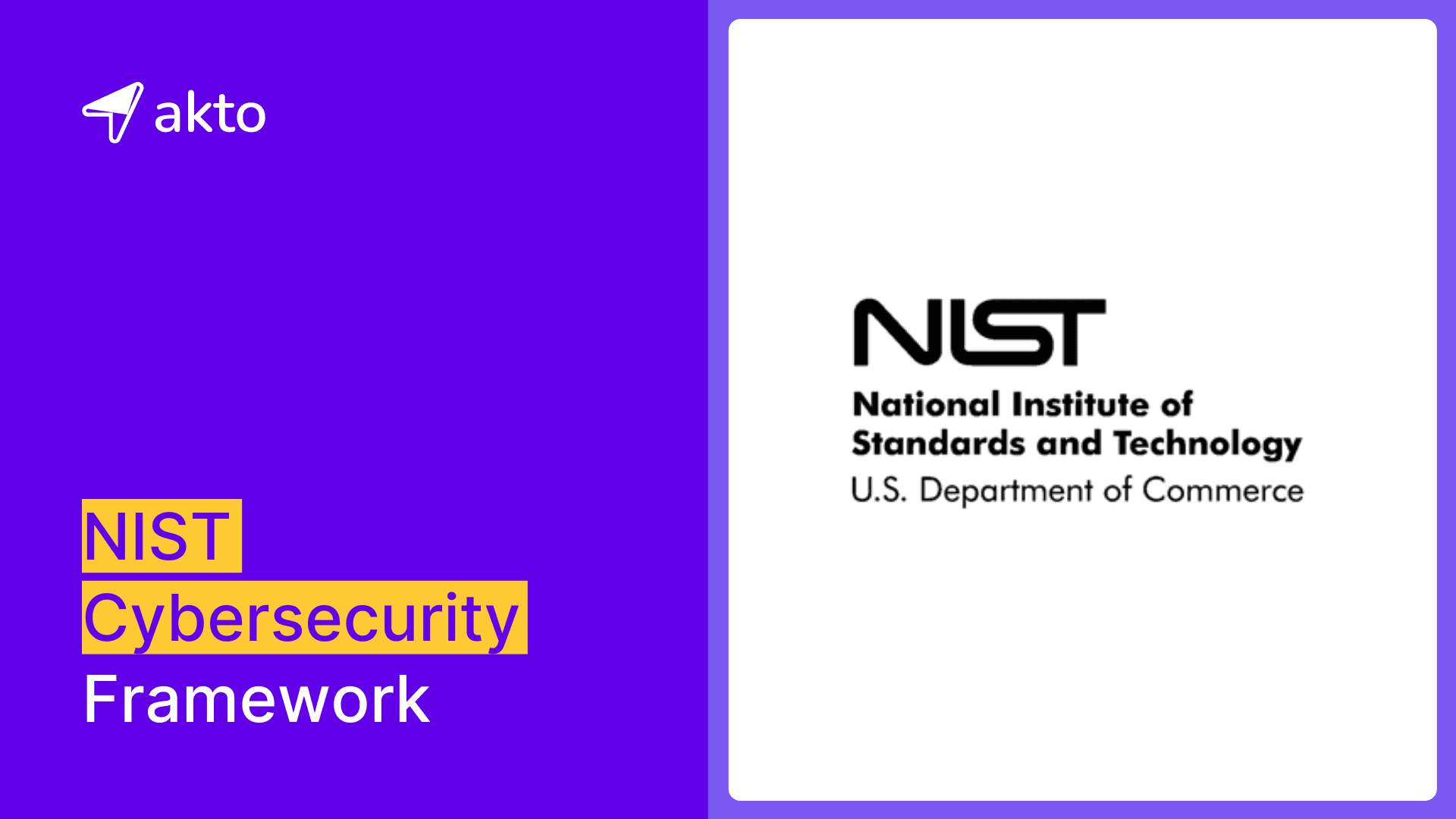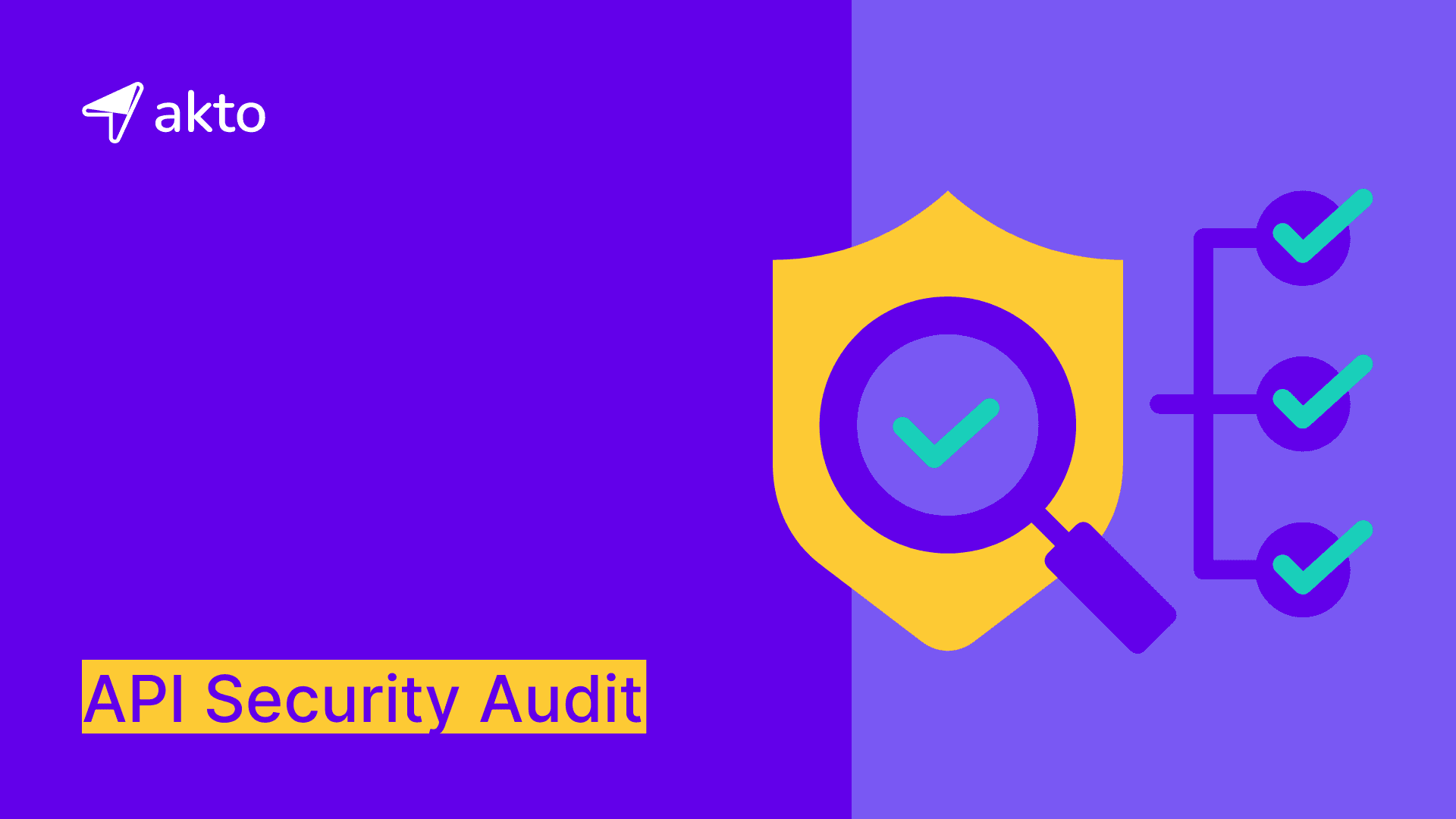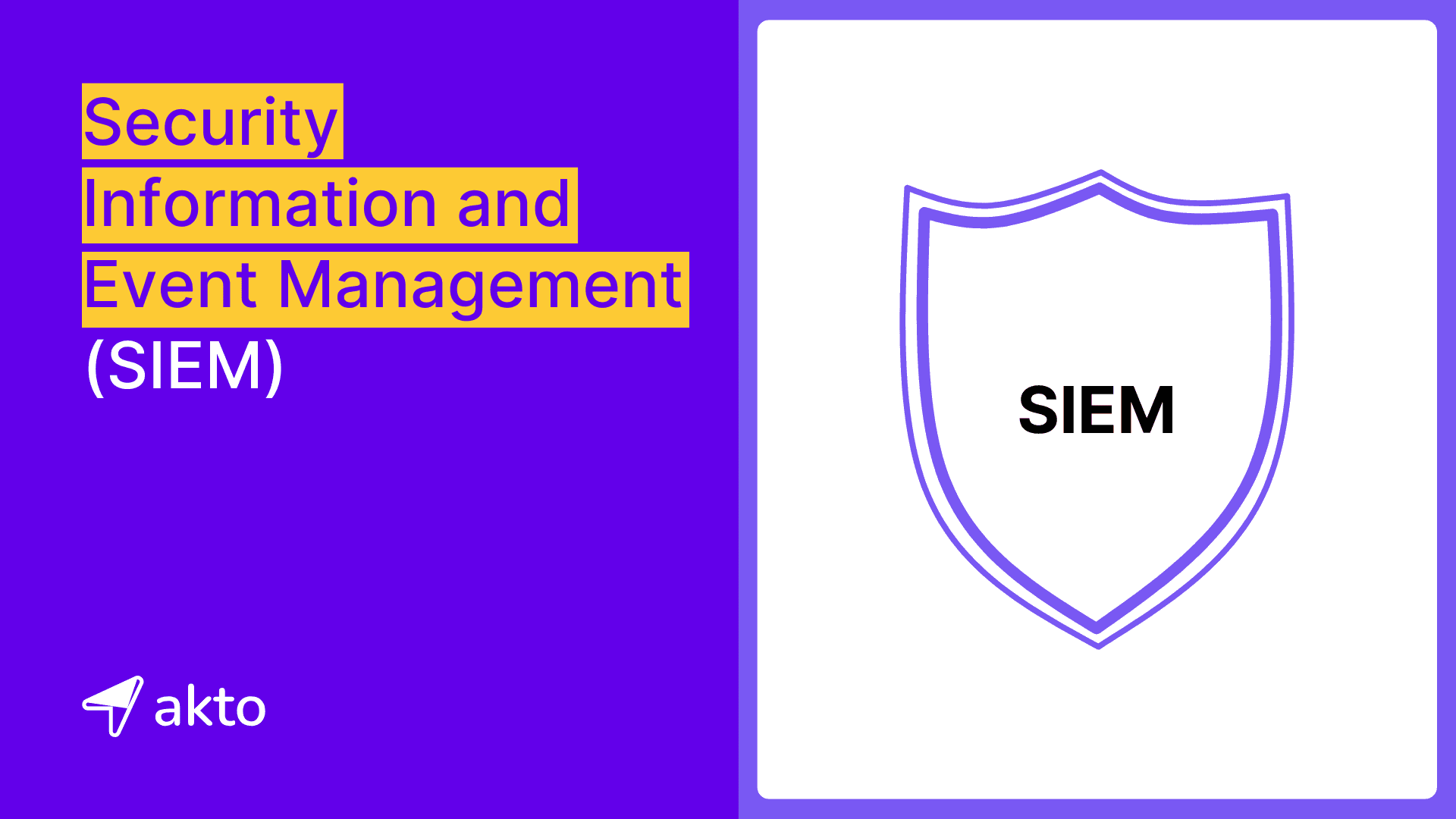10 Best Security Training and Courses
Explore the 10 cybersecurity training courses providing learners with essential skills on how to identify, handle and manage threats, through flexible formats and comprehensive curriculum.

Muze
Aug 2, 2024
Cybersecurity training programs and online courses comprehensively cover network security, malware analysis, cryptography, ethical hacking, and compliance frameworks.
These courses offer various formats, such as images, videos, and quizzes. With flexibility in learning pace and available formats, the courses cater to different learning styles and preferences. However, choosing the right course from the wide selection available can be challenging.
Read on to explore the top 10 Cybersecurity training courses that offer comprehensive coverage of essential cybersecurity topics.
Let’s dive in!
What is Cybersecurity Training?
Cybersecurity awareness training teaches individuals to handle and manage risks to computer systems. It helps teams identify threats like cyber attacks, data breaches, and phishing activities. The training also teaches individuals to assess the risk level, report incidents, and fix problems.
Key Factors in Choosing a Course on Cybersecurity
Before finalizing a course, consider the following factors:
Course Curriculum
Choose courses that offer practical experience beyond just theoretical concepts. Consider courses that involve hands-on projects, interactive assessments with feedback, or exams. Additionally, explore courses affiliated with certification exam providers, which may offer discounted exam fees.
Instructor Reputation and Reliability
Research instructors on LinkedIn to learn about their experience. Consider these factors:
Industry tenure as both an instructor and expert.
Employment history with your target companies.
Use this information to identify instructors you may wish to connect and network with during your course.
Class Timings
Consider courses that align with your daily schedule. A flexible schedule may suit you if you're juggling work or other commitments. Conversely, an intensive course could be a better option if you want to expedite your entry into the information security field. Ultimately, choose the schedule that best meets your personal needs.
Online Reviews
Don't rely solely on reviews from the course website. Seek out independent review forums and engage with individuals who have taken the course. Gather insights on the course material, instructors' competence, and the rigor of assignments. Thoroughly research the course before enrolling to ensure an informed decision.
Fee Structure
Consider exploring flexible payment options for courses that may initially seem too costly. Examine the course content to determine its value before making a decision. Feel free to negotiate payment arrangements, even for courses that appear expensive.
Top 10 Security Courses to Check Out
Whether you're just starting or have extensive experience, some courses match your specific requirements. The following comprehensive cybersecurity course offerings are designed to accommodate individuals of all skill levels:

1. IBM Cybersecurity Analyst Professional Certificate
Course Duration: The duration is four months, with an average learning time of 10 hours a week.
Price Range: Free
IBM's professional cybersecurity course includes eight online modules that include:
Understanding the basics and essential principles of cybersecurity.
Cybersecurity roles and tools.
Compliance frameworks.
Network security.
Penetration testing.
Cyber threat intelligence.
Case studies on cybersecurity breach response.
Analyst assessment.
Completing a comprehensive capstone project and accompanying case studies will give you the necessary skills and knowledge to qualify for cybersecurity analyst positions.
2. Heimdal Security: Cyber Security for Beginners
Course Duration: 5 weeks
Price Range: Free
Heimdal Security delivers this course directly to your email. Over five weeks, you will receive a new lesson every two days to guide your learning journey. These lessons provide a foundational overview of cybersecurity systems and familiarize you with common lingo.
Heimdal Security offers cybersecurity services globally to businesses of various sizes. The course offers information on the vulnerabilities and home security systems they analyze daily.
3. NYU: MicroBachelors Program in Cybersecurity Fundamentals
Course Duration: Near to one year, studying weekly at a rate of 7–9 hours.
Price Range: $1494
This program offers nine courses that cover the basics of cybersecurity training. You'll learn about the fundamentals of information security, access control, and authentication, advanced concepts of information security, and what is network security and its protocols. Additionally, this course will also teach you penetration testing and provide insights into reporting risks found during risk analysis.
4. KU Leuven University: Web Security Fundamentals
Course Duration: 5 weeks, with an average weekly learning time of 4-6 hours.
Price Range: Free
The course aims to provide participants with a foundational understanding of the principles and practices necessary to secure web applications. Aimed at students, developers, application security engineers, and IT professionals, this course offers insights into web applications' vulnerabilities and threats, along with effective techniques and tools for mitigating these risks.
The KU Leuven Web Security Fundamentals course teaches a comprehensive range of topics essential for securing modern web applications. It starts with an introduction to web security basics, teaching participants about the core principles of security, the importance of web application security, and common threats such as injection attacks and cross-site scripting (XSS).
5. RIT: MicroMasters® Program in Cybersecurity
Course Duration: 8 months, spending an average of 10-12 hours learning each week.
Price Range: $1436
This comprehensive package includes four graduate courses that delve into the complexities of information security. Starting with foundational cybersecurity principles, you'll progress to advanced concepts in risk management.
These courses will teach you to:
Analyze risks and assess their likelihood and impact.
Create emergency plans to handle unexpected situations.
Identify and respond effectively to cyberattacks.
6. Harvard University: Managing Risk in the Information Age
Course Duration: 9 weeks, with an average learning time of 8–11 hours weekly.
Price Range: $3045
Harvard offers a course focused on mitigating business risks posed by cyber threats. The course explores essential elements of cyber risk management and their significance in safeguarding business systems and valuable assets.
This course provides a comprehensive overview of various facets of risk management, including:
Analyzing a business's risk profile.
Responding to cyberattacks.
Containment and prevention of cyberattacks.
Legal compliances.
Security breach communications.
Overall risk mitigation strategy.
7. StationX
Course Duration: Offers courses of different durations, with yearly access included.
Price Range: Various prices are available for different yearly and monthly plans.
Members with Master’s programs gain access to live virtual training (one-on-one live calls, live career mentorship), advanced training (specialized courses & labs), and unlimited access to online training. This extensive library boasts over a thousand classes, virtual labs, and resources tailored for advanced certification preparation. Specific areas covered in these resources include:
Network hacking.
Information systems security professional.
Ethical hacking.
Mobile security.
GDPR.
StationX provides resources tailored to prepare for multiple cybersecurity certifications, including CompTIA Security+, CySA+, and CISSP certifications.
8. University of Washington: Professional Certificate in Essentials of Cybersecurity
Course Duration: Six months, with 2–5 hours per week.
Price Range: $897
The University of Washington provides:
A thorough bundle of four courses covering essential cybersecurity operations.
The role of a Chief Information Security Officer (CISO).
The critical competencies required for professionals in the field.
An interactive self-assessment project will help you determine the most suitable cybersecurity career path for your interests and abilities.
9. Cybrary: Introduction to IT & Cybersecurity
Course Duration: Approx. 2 hours long.
Price Range: Free
This course delves into the crucial duties of various cybersecurity roles, the essential tools cybersecurity professionals use, and the distinctions between these roles.
It helps you choose a specialized path within the cybersecurity field. Once you choose a path, we provide personalized career assistance, including interview preparation, resume writing, and training to tackle technical questions.
10. Springboard: Cybersecurity Bootcamp
Course Duration: Six months, with 10-20 hours per week.
Price Range: $10,900
The program aims to equip participants with the practical skills and knowledge required to embark on a career in cybersecurity. Aimed at beginners or individuals with some prior IT experience looking to transition into cybersecurity roles, this boot camp provides comprehensive training in fundamental and advanced cybersecurity concepts.
The curriculum covers a wide array of topics crucial to cybersecurity. It begins with networking basics and fundamentals of cybersecurity, including an understanding of the security landscape, key terminology, and core principles like confidentiality, integrity, and availability (CIA). Students learn about network security and architecture, gaining insights into how to protect network infrastructures from various threats. This includes firewall configurations, intrusion detection and prevention systems (IDS/IPS), and Virtual Private Networks (VPNs).
Final Thoughts
Cybersecurity training programs and online courses offer essential knowledge and skills to effectively recognize and counteract security threats. Covering a diverse range of topics such as network security, malware analysis, cryptography, ethical hacking, and compliance frameworks, these courses offer various formats, including videos, quizzes, and interactive modules, to cater to different learning preferences.
However, you may need help choosing the right course from the wide selection available. Factors to consider include the comprehensiveness of the curriculum, the credibility of instructors, flexibility in scheduling, user feedback, and the overall value provided relative to cost. Carefully evaluating these criteria helps individuals make informed choices that enhance their cybersecurity proficiency and readiness to protect against cyber threats.
Keep reading
API Security
8 minutes
NIST Cybersecurity Framework
The NIST Cybersecurity framework provides organizations with a set of standards, guidelines, and practices to develop strong cybersecurity practices for managing cybersecurity risks effectively.
API Security
7 minutes
API Security Audit
An API Security Audit evaluates APIs, identifies potential risks, and strengthens the organization's defenses against security breaches and cyber-attacks.
API Security
8 minutes
Security Information and Event Management (SIEM)
SIEM aggregates and analyzes security data across an organization to detect, monitor, and respond to potential threats in real time.
Experience enterprise-grade API Security solution



